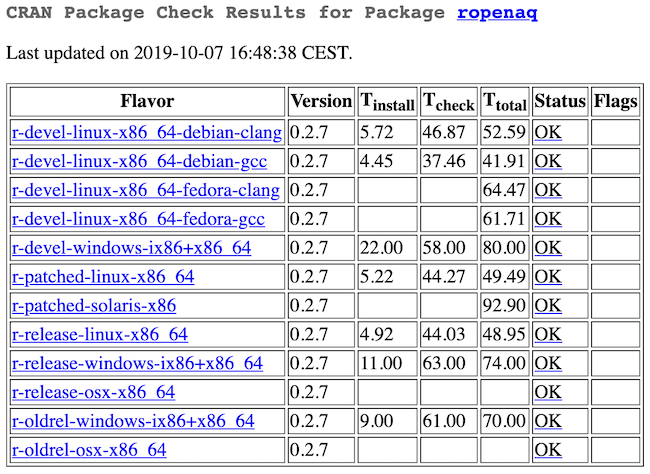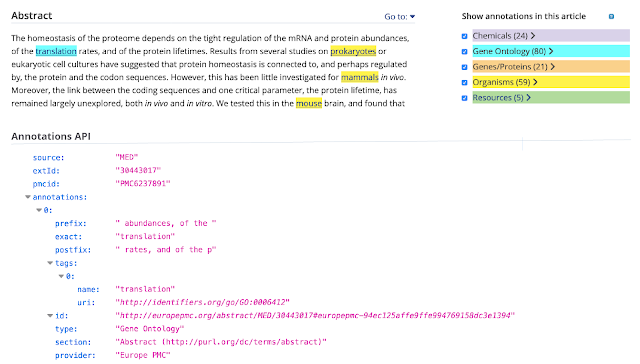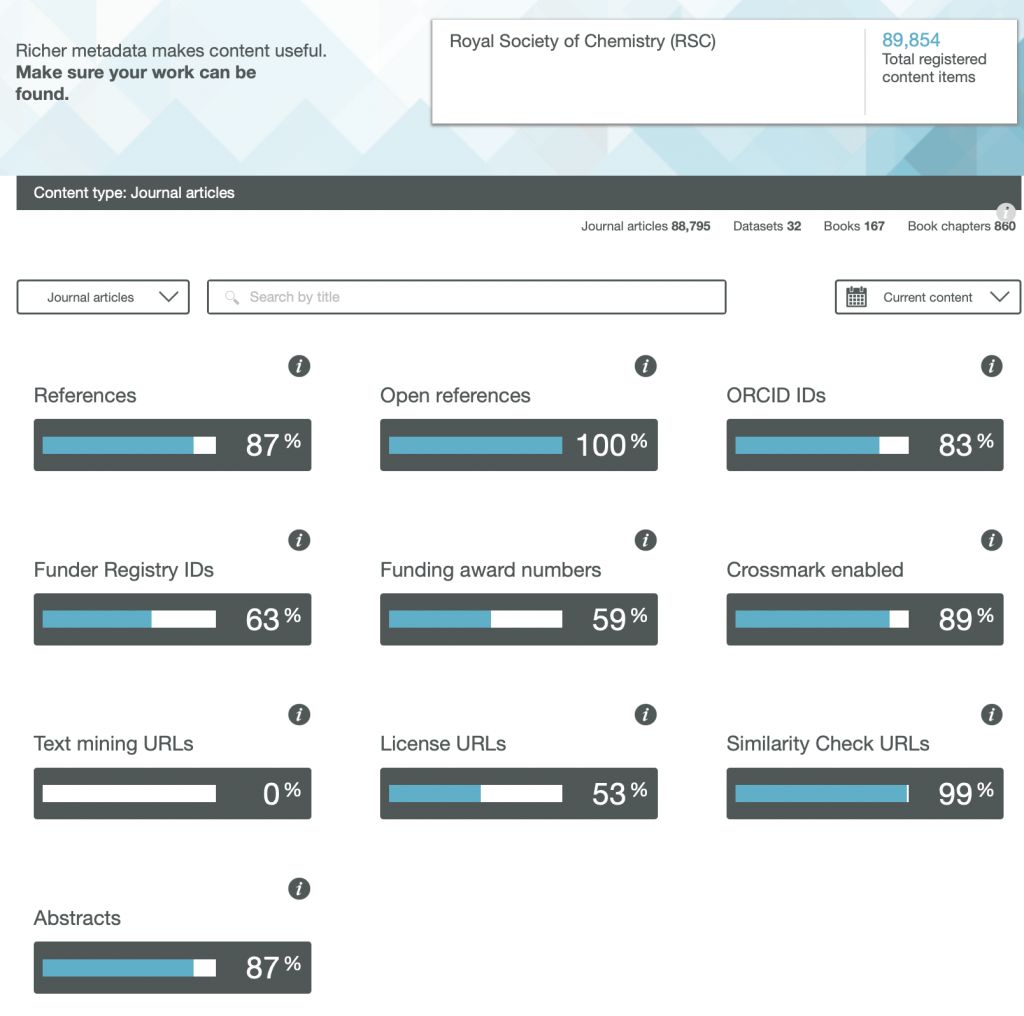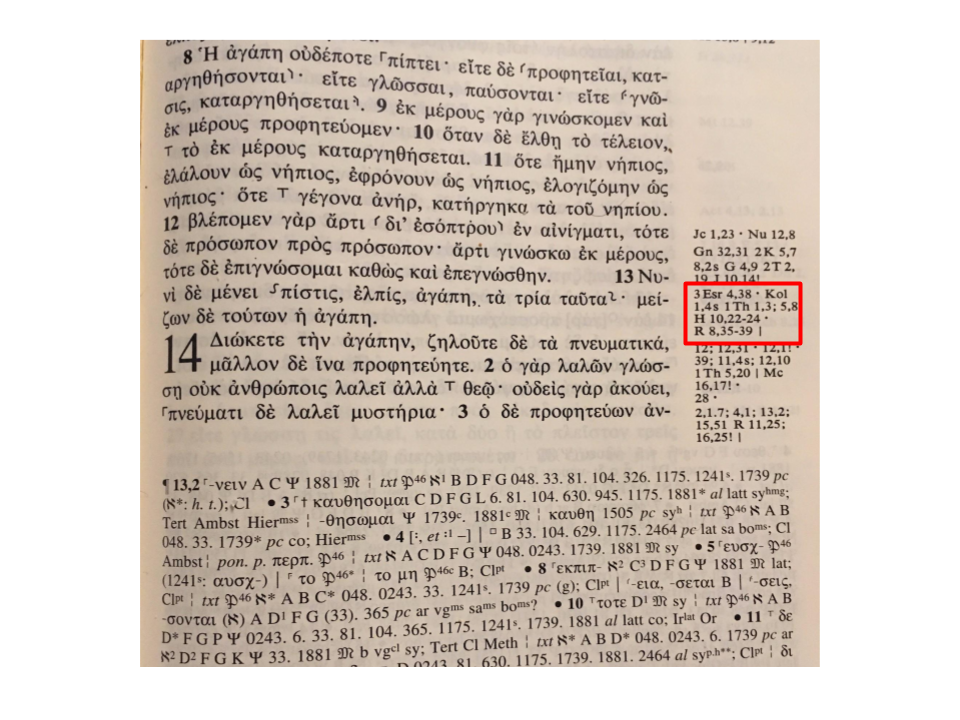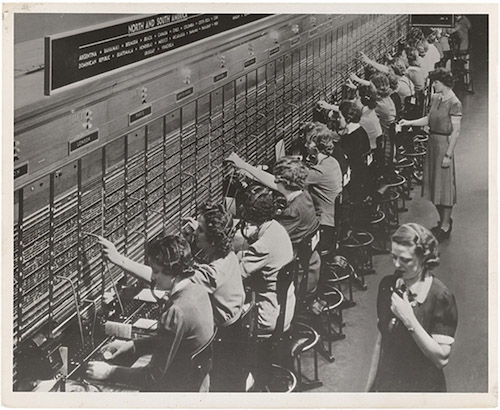
The United States Deparment of Agriculture National AgriculturalStatistics Service (USDA-NASS) provides a wide range of agriculturaldata that includes animal, crop, demographic, economic, andenvironmental measures across a number of geographies and time periods.This data is available by direct download or queriable via theQuick Stats interface.
